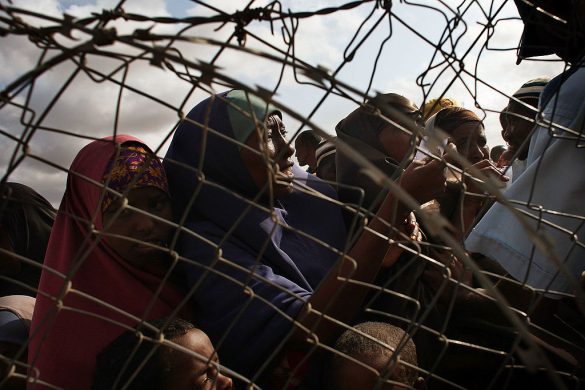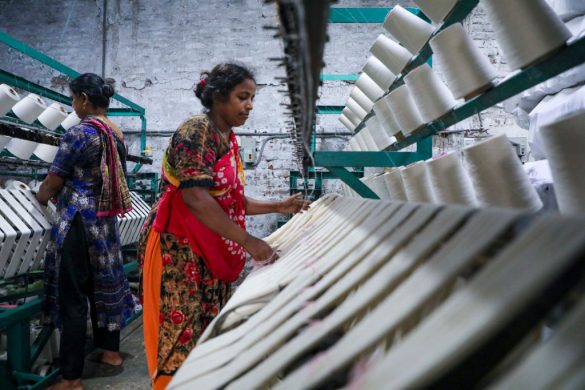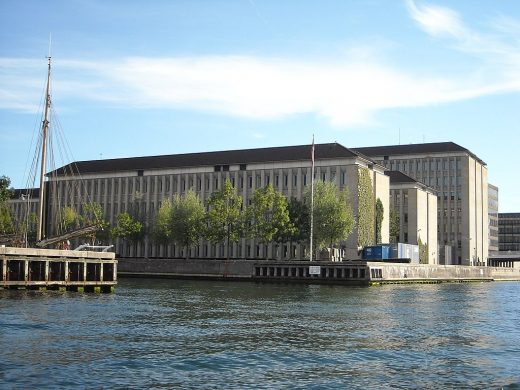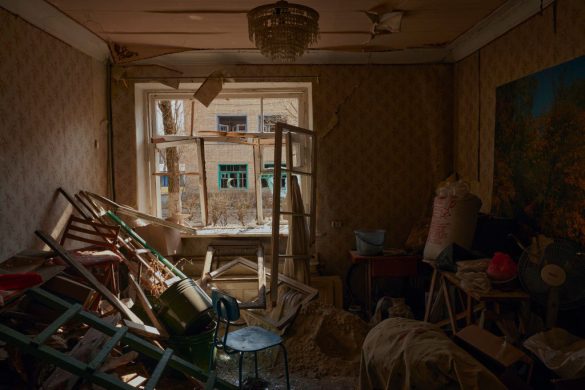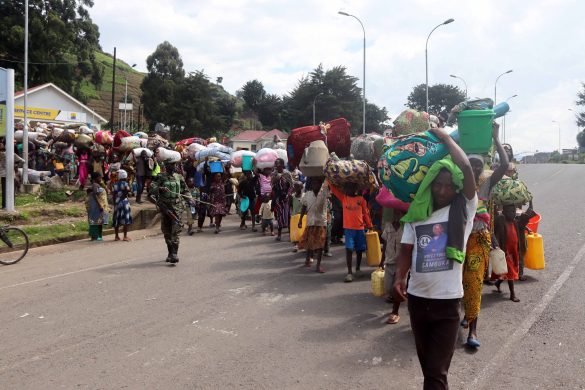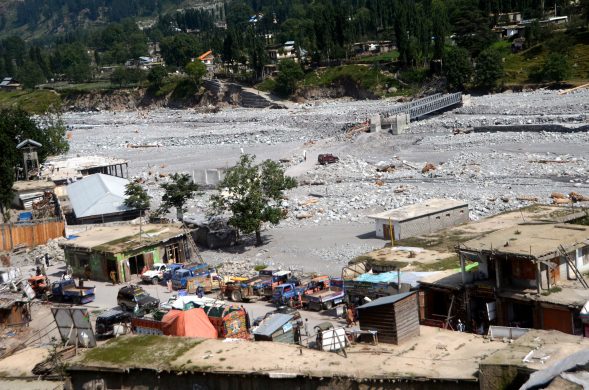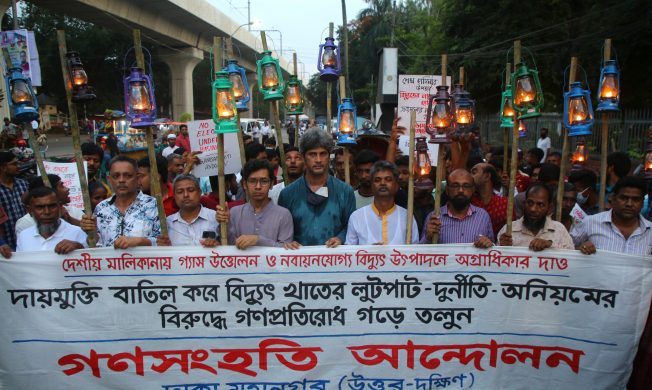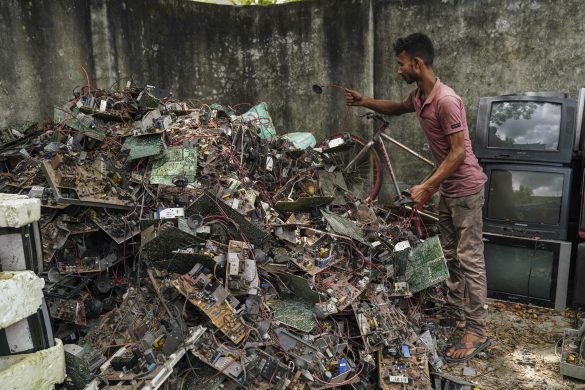DHAKA, 22 April, 2015 (Human Rights Watch): Garment workers in Bangladesh face poor working conditions and anti-union tactics by employers including assaults on union organizers, Human Rights Watch said in a report released on Wednesday.
In the two years since more than 1,100 workers died in the catastrophic collapse of the Rana Plaza factory on April 24, 2013, efforts are underway to make Bangladesh factories safer, but the government and Western retailers can and should do more to enforce international labor standards to protect workers’ rights, including their right to form unions and advocate for better conditions.
“If Bangladesh wants to avoid another Rana Plaza disaster, it needs to effectively enforce its labor law and ensure that garment workers enjoy the right to voice their concerns about safety and working conditions without fear of retaliation or dismissal,” said Phil Robertson, Asia deputy director.
“If Bangladesh does not hold factory managers accountable who attack workers and deny the right to form unions, the government will perpetuate practices that have cost the lives of thousands of workers.”
The 78-page report, ‘“Whoever Raises Their Head, Suffers the Most’: Workers’ Rights in Bangladesh’s Garment Factories,” is based on interviews with more than 160 workers from 44 factories, most of them making garments for retail companies in North America, Europe, and Australia.
Workers report violations including physical assault, verbal abuse – sometimes of a sexual nature – forced overtime, denial of paid maternity leave, and failure to pay wages and bonuses on time or in full.
Despite recent labor law reforms, many workers who try to form unions to address such abuses face threats, intimidation, dismissal, and sometimes physical assault at the hands of factory management or hired third parties.
Læs mere på Human Rights Watch’ website



